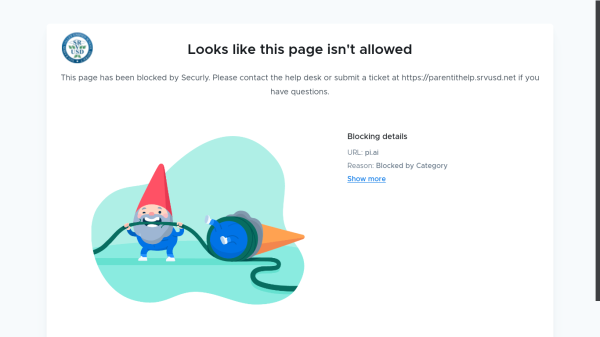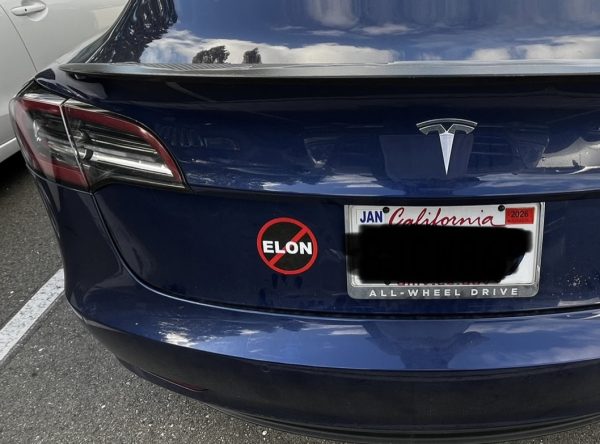An Age of Skepticism

Truth is under attack. In our modern world, lies are more powerful than ever, and they can have real consequences. Others go so far as to deny the fundamental existence of truth.
In America and around the world, truth is under attack.
Postmodernism and identity politics have created a public discourse that does not care for evidence or objective reality. The rise in popularity of alternative facts, a general suspicion of the truth, and a broad skepticism of authority figures—such as scientists, academia, and governmental institutions—has led the public to be unable to agree on basic facts. Mass media and social media have only exacerbated our current predicament.
In a democracy, the contest between ideas in a free and fair manner is crucial to discovering better ideas and truths. Moreover, as English philosopher John Stuart Mill once wrote, “…the peculiar evil of silencing the expression of an opinion is, that it is robbing the human race; posterity as well as the existing generation; those who dissent from the opinion, still more than those who hold it.” To block out others’ opinions and completely ignore what is established, knowingly or unknowingly, willingly or unwillingly, as is done regularly on social media, is to recognize oneself as infallible and condemn oneself to a one-sided conversation. That sort of thinking is illiberal and in opposition to democratic principles. That sort of thinking is short-sighted, self-centered, and unproductive.
There is indeed no single authority that can know what is true and what is not, so it is the role of politicians, academia, research institutions, journalists, companies, and everyday people to make progress towards a better understanding of what is true. But to outright deny that there even exists such a thing as truth, is to do a great disservice to democracy. If what underlies a conversation is in question, how can any opinions, propositions, or proposals even begin to be discussed? Norms and popular beliefs can be questioned, but an attack on the existence of truth is radically different.
Generally, postmodernist philosophy supports the idea that experience outweighs empirical evidence. Postmodernists claim that any viewpoint that labels itself as the truth must originate from a system of oppression and should be dismissed; postmodernists deny the existence of grand narratives—theories that attempt to provide a totalizing, master description of historical events, experiences, and sociocultural phenomena. Some interpretations of postmodernist philosophy support the idea that many claims of knowledge or understanding are rooted in power hierarchies and dominance structures that mean to self-perpetuate, rendering those claims unacceptable. Philosophical, literary, and epistemological questions about truth and objectivity have been around for millennia, but the consequences of 20th-century postmodernist philosophy have expanded far beyond the realm of academia, and it is now embraced by many—from politicians to the everyday citizen and by ideologues on the left and the right—to attack established ideas and ways of thinking in unreasonable and illogical ways, such as the scientific process. The denials of climate change, biological sex, evolution, and the efficacy of vaccines are clear and recent examples of that.
Furthermore, identity politics, which focuses on the experiences of various groups, as does postmodernism, creates a discourse centered around broad labels of religion, race, gender, education, ethnicity, nationality, socioeconomic status, and political party. Identity politics is defined by its focus on identity above all else, which removes the nuance from debates and encourages the denial of the possibility that certain “other” groups are right. Identity politics often builds resentment and outrage through populist rhetoric and an “us vs. them” mentality, portraying various groups as more different than they are. Indeed, certain issues are directly tied to identity. In the past and still today, certain forms of identity-focused politics can do a great deal of good to support historically oppressed groups, but that sort of thinking can go too far when it becomes the primary lens of viewing all aspects of the world. Identity-based politics can and is used to create division and anger which leads to violence.
The world witnessed that tension explode on Jan. 6, 2021, when a mob broke into the U.S. Capitol in support of a president’s effort to reverse the lawful result of a national election. America has become so polarized and divided such that groups and politicians can challenge and deny things they know to be true for political advantage, for the sake of swaying the public, all while having to face minimal repercussions.
In addition, mass media and social media exploit the further blurring of the lines between truth, experience, and belief. Many forms of media exploit our innate human tendencies, such as confirmation bias—the tendency for people to confirm their own beliefs—to get more viewers and more ad revenue. Recommendation algorithms give users what they want to see because it makes them feel good, but it does not do any good to encourage the challenge of what users believe to be true. Complete or relative anonymity relieves users, readers, or viewers of mass media or social media from ever facing the consequences of intentionally or unintentionally spreading misinformation and lies (for example, through likes, reposts, etc.). And the physical distance that separates viewers and users of media allows people to avoid uncomfortable confrontations and resistance to their beliefs. All this runs completely counter to the positives of free speech and democracy.
As we progress through the 21st century, humanity will encounter issues of unprecedented scale. Addressing climate change, tensions involving weapons of mass destruction, and authoritarian challenges to liberalism will require a massive, united effort. An intense, productive public political discourse that involves conflicting ideas and an eventually prevailing truth is necessary for progress.
As George Orwell said, “The very concept of objective truth is fading out of the world. Lies will pass into history.” But let us put an end to that.
Lawrence Feng is a senior and is excited for his second year in Journalism. This year, he is the News...






